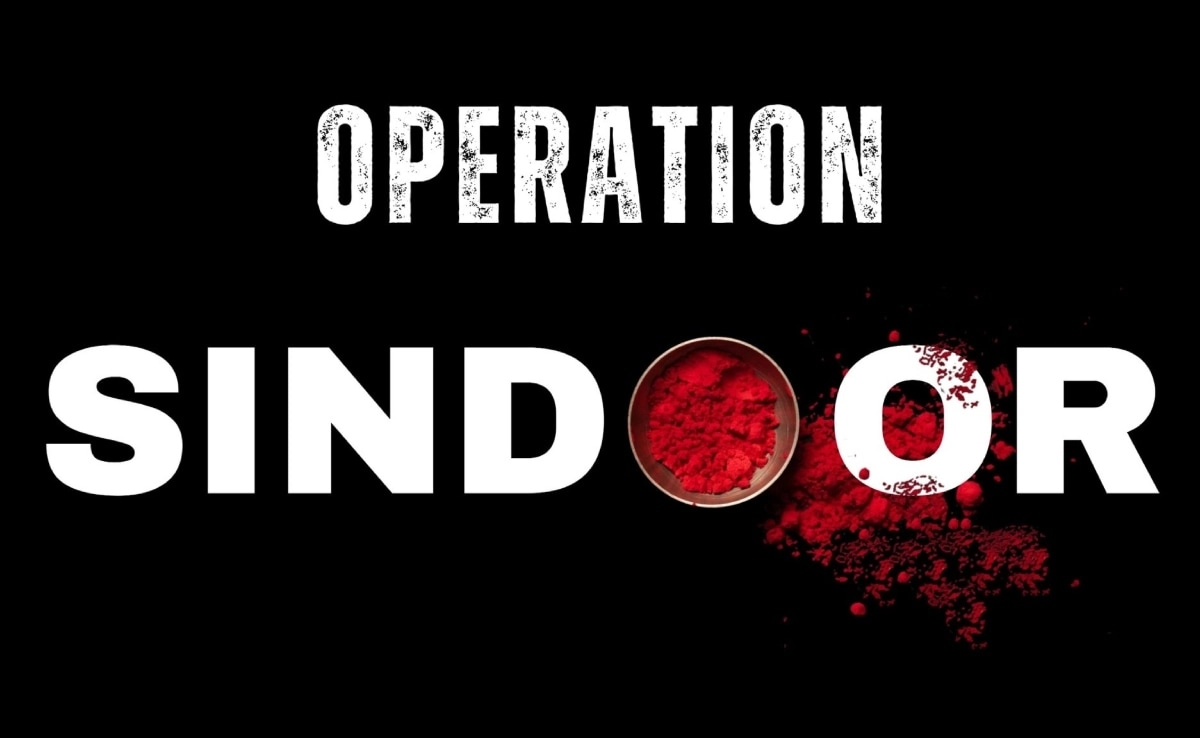The recent controversy surrounding the remarks made by an Indian Defence Attaché regarding “Op Sindoor” has sparked a significant debate about the constraints imposed by political leadership on military operations and statements. The Defence Attaché’s comments, which reportedly touched upon sensitive aspects of military strategy and operations, have raised eyebrows not only within the military community but also among political analysts and national security experts. This incident underscores the delicate balance that military officials must maintain while navigating the often complex relationship between the armed forces and political leadership.
Political leaders wield considerable influence over military operations, often shaping the narrative around national security issues. In this case, the Defence Attaché’s comments could be interpreted as a reflection of broader tensions between military objectives and political directives. The military is tasked with executing national defense strategies, yet it must operate within the framework set by civilian authorities. This relationship can lead to instances where military personnel feel constrained in their ability to communicate candidly about operational matters, particularly when those comments may have political implications.
Moreover, the row over the Defence Attaché’s remarks highlights the need for clear communication channels between the military and political leadership. Effective collaboration is essential for ensuring that military strategies align with national interests while allowing military officials the freedom to express their views on operational matters. The fallout from this incident may serve as a catalyst for important discussions about the roles and responsibilities of military leaders in conveying information to the public and the media. It raises questions about how military opinions are managed and whether they are adequately represented in national discourse.
As this situation unfolds, it will be crucial for both military and political leaders to reflect on the implications of such constraints. The military’s ability to operate effectively may be hindered if its leaders are unable to speak openly about their experiences and insights. Furthermore, the public’s understanding of military operations and the rationale behind them can be clouded by political considerations, potentially leading to a disconnect between the armed forces and the civilian population. Ultimately, this controversy serves as a reminder of the intricate interplay between military and political realms and the importance of fostering an environment where open dialogue is encouraged.




